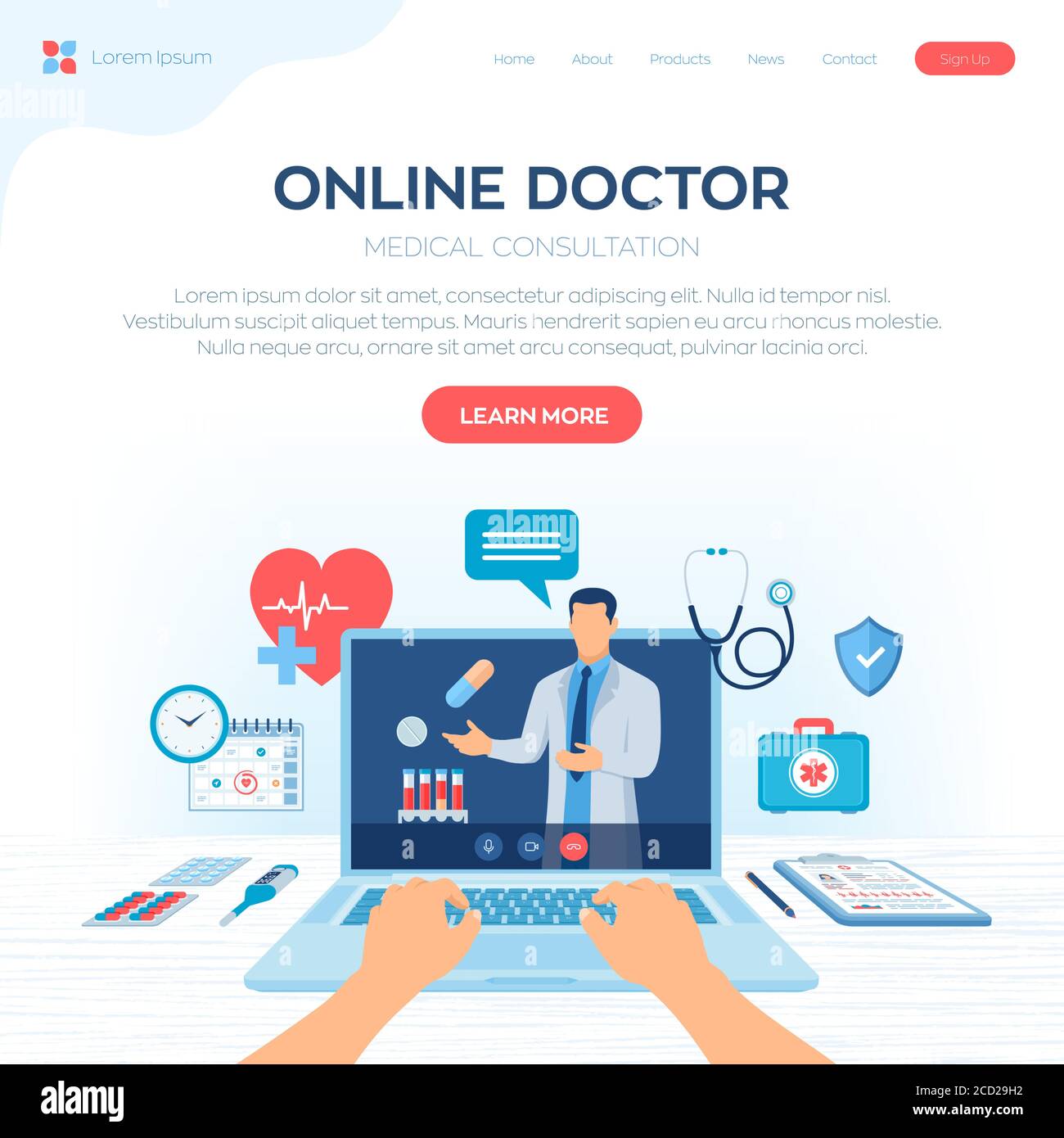The Future of Medication: Discovering Subscription Based Healthcare Versions
The Future of Medication: Discovering Subscription Based Healthcare Versions
Blog Article
The Rise of Subscription-Based Health Care and Its Effect On Person Treatment
As health care evolves, the subscription-based design is gaining grip, guaranteeing to transform patient treatment by providing predictability and ease of access. The potential for these versions to reshape healthcare delivery elevates pressing questions concerning their long-lasting sustainability and inclusivity. Are these subscription solutions the future of healthcare, or do they take the chance of leaving prone populations behind?
Recognizing Subscription Medical Care Designs
Comprehending the principle of subscription medical care models entails analyzing a transformative strategy to medical solutions that emphasizes cost and access. These models, frequently described as straight primary treatment (DPC) or attendant medicine, have arised as cutting-edge alternatives to standard fee-for-service healthcare systems. Subscription health care permits patients to pay a fixed regular monthly or yearly cost for a defined set of medical services, which might consist of limitless office check outs, routine examinations, and standard laboratory tests, without the need for standard insurance invoicing.
The framework of registration health care models is developed to enhance individual treatment by removing third-party payers and intricate billing codes, thereby decreasing management problems. Medical care service providers can focus a lot more on individual care, fostering stronger patient-provider partnerships. This version additionally advertises preventative care by encouraging regular gos to, as the financial obstacle of per-visit charges is removed.
The subscription model often empowers doctor to take care of smaller sized individual panels, enabling for more personalized care. It lines up economic motivations with individual wellness end results, as companies are inspired to maintain client fulfillment and wellness. Overall, understanding registration health care models requires identifying their prospective to improve exactly how care is supplied and accessed.
Benefits for Suppliers and clients

For companies, subscription-based versions provide the chance to strengthen patient-provider partnerships. With a consistent income stream, health care specialists can commit even more time to every client, causing a much more thorough and tailored treatment experience. This design likewise decreases reliance on high person quantities, relieving fatigue and improving task complete satisfaction. The focus on preventive treatment within membership plans can lead to far better individual outcomes and lowered lasting healthcare prices. By concentrating on continuous treatment, companies can address concerns prior to they rise, eventually profiting the medical care system as an entire by decreasing the problem on emergency and severe treatment services.
Challenges and Worries
While subscription-based healthcare versions existing many benefits, they additionally come with a set of difficulties and problems that must be dealt with. This increases moral questions about fair accessibility to healthcare services.
Financial sustainability of subscription-based designs is an additional worry. Providers should balance the set income from registrations with the variable costs of healthcare services, which might change because of unpredicted medical demands. This can produce stress to restrict solutions or increase costs, potentially impacting client fulfillment and care quality.
Furthermore, regulatory oversight of subscription-based healthcare designs is still evolving. The absence of standard structures can cause irregular solution top quality and accountability, making complex efforts to guarantee patient protection. The integration of modern technology-- typically a foundation of these versions-- elevates questions regarding data privacy and protection, as delicate client info could be vulnerable to breaches. Addressing these challenges is important for the successful and equitable execution of subscription-based healthcare.
Effect On Patient-Doctor Relationships
One substantial influence of subscription-based medical care models on patient-doctor relationships is the capacity for boosted continuity and customized care. By embracing a subscription model, medical professionals can handle a smaller sized individual panel, allowing for even more specialized time with each individual. This enhanced availability promotes a deeper understanding see of an individual's medical history, way of life, and preferences, making it possible for more tailored treatment plans and treatments.

Nonetheless, it is necessary to identify that while subscription-based models might benefit those that can manage them, they could unintentionally widen healthcare variations. People who are not able to take part in these models could experience lower access to individualized treatment, possibly influencing their relationships with medical care carriers. Therefore, while the registration version provides promising advantages for patient-doctor connections, it likewise positions obstacles that require to be resolved to make sure fair health care accessibility.
Future of Health Care Accessibility

The role of innovation can not be ignored in this change. Telemedicine platforms and digital health documents promote smooth communication between people and doctor, damaging down logistical and geographical obstacles. In addition, improvements in fabricated intelligence and information analytics can better personalize treatment by forecasting individual needs and enhancing treatment plans.
Nonetheless, the future of medical care gain access to also offers challenges, such as ensuring equity throughout various socio-economic teams. Policymakers and doctor must collaborate to link the digital divide, ensuring that subscription-based versions remain comprehensive and budget friendly. As these systems grow, they hold the promise of making healthcare more easily accessible, effective, and patient-centric.
Verdict
Subscription-based healthcare versions are improving person treatment by offering a steady cost framework and boosting availability. The increase of subscription-based healthcare urges positive person interaction, which has the potential to boost client outcomes and complete satisfaction, signifying a transformative change in healthcare distribution.
As medical care develops, the subscription-based model is getting grip, assuring to transform client treatment by providing predictability and availability.Subscription-based healthcare designs provide distinctive benefits for both individuals and carriers, enhancing the total health care experience.As healthcare systems advance, try these out the future of healthcare accessibility often hinges on the combination of ingenious versions and modern technologies.Subscription-based healthcare designs are improving individual care by supplying a stable expense framework and enhancing availability. The increase of subscription-based healthcare motivates proactive patient involvement, which has the potential to improve person outcomes and contentment, indicating a transformative shift in healthcare distribution.
Report this page